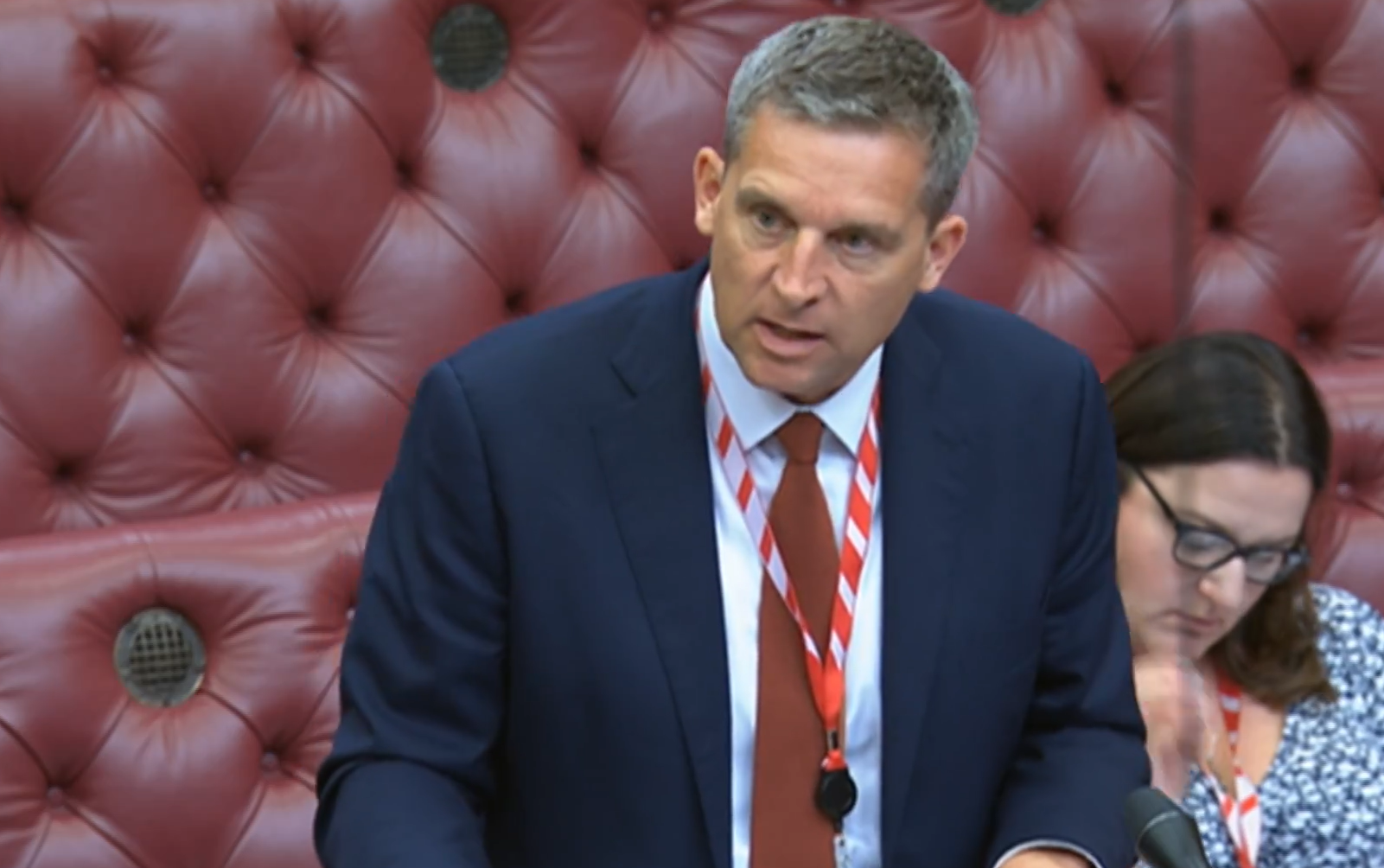Strangeways jail put in emergency measures over ‘catastrophic’ levels of drugs and violence
Inspectors ‘shocked’ at level of decline at ‘fundamentally unsafe’ and vermin-infested Manchester prison

Your support helps us to tell the story
From reproductive rights to climate change to Big Tech, The Independent is on the ground when the story is developing. Whether it's investigating the financials of Elon Musk's pro-Trump PAC or producing our latest documentary, 'The A Word', which shines a light on the American women fighting for reproductive rights, we know how important it is to parse out the facts from the messaging.
At such a critical moment in US history, we need reporters on the ground. Your donation allows us to keep sending journalists to speak to both sides of the story.
The Independent is trusted by Americans across the entire political spectrum. And unlike many other quality news outlets, we choose not to lock Americans out of our reporting and analysis with paywalls. We believe quality journalism should be available to everyone, paid for by those who can afford it.
Your support makes all the difference.The notorious Strangeways prison has been put into emergency measures after standards of safety and hygiene were found to have collapsed, leaving the jail “fundamentally unsafe” for both prisoners and staff.
Issuing an urgent notification to justice secretary Shabana Mahmood, chief inspector Charlie Taylor said his team was shocked by the level of decline they discovered at HMP Manchester during an unannounced visit which concluded last week.
Inspectors found “catastrophic” levels of illict drugs linked to organised crime which were “clearly undermining every aspect of prison life, particularly safety”, fuelling the highest rates of serious assaults of any prison in England and Wales.
Despite the number of weapons and illicit items found in recent months among the highest of all prisons, and 39 per cent of inmates testing positive for drugs in random testing, the prison’s CCTV system was failing and broken windows and anti-drone netting was taking far too long to be repaired, Mr Taylor said.
Many officers were new and inspectors witnessed failures to challenge poor and even criminal behaviour amid a lack of order and control on wings, with more than half of inmates reporting having felt unsafe. The prison houses to higher-risk category A and B offenders.
Around a third of officers were routinely unavailable for duty, leaving many men locked in their cells for much of the day. Self-harm rates were among the highest in the country and the jail had suffered six self-inflicted deaths and a further three suspected drug deaths since the previous inspection.
The category B jail was also failing in its role as a training prison to help inmates learn skills for reintegrating into the community, inspectors said, with fewer than one in five prisoners leaving their wing to attend purposeful activity during the two-week inspection.
Inspectors warned that the prison was “filthy”, with a chronic rodent infestation, and many cell windows were smashed, prompting prisoners to use foam from mattresses and pillows to push into window frames to stop the cold getting in.

Mr Taylor, who has now issued urgent notifications over eight crisis-stricken prisons in just two years, said: “This was a very difficult inspection with my team shocked by the level of decline they found in Manchester. The prison was fundamentally not safe enough for those living and working in there.
“Drugs present a critical threat to the security of our prisons and it was very disappointing to see that some key measures in the physical security of a prison like Manchester, holding many men with known links to organised crime, were inadequate.
“The prison service must act urgently to address this and to support staff to manage a very challenging population of prisoners. But Manchester is not alone in facing these challenges which are becoming endemic in many parts of the prison estate and demand the attention of the government.”
Noting that the prison is best known as the site of the longest riot in British history back in 1990, Andrew Neilson, of the Howard League for Penal Reform, said: “That incident prompted a major inquiry into the squalid conditions in the prison system and, three decades later, we are back there again.
Warning that the prison drugs trade fuels debts, and ultimately violence and self-harm, he said that the ultimate way to combat drugs is to reduce demand, which “means ensuring well-trained staff get men out of their cells and into activities that will help them to live healthily and move on from crime”.
“This is the scale of the challenge confronting the new government,” Mr Neilson added. “Instead of wasting resources on building new jails, we should focus on restoring order and decency to the ones we already have.”

Prisons minister Lord Timpson said an action plan to deliver urgent improvements would be published in the coming weeks.
Warning that “reports such as this have become far too common”, Lord Timpson said: “They typify the shocking state of the prison system we have inherited.
“Every day our dedicated staff do vital work keeping the public safe. They deserve better than being faced with conditions such as these and the constant threat of violence.
“That is why this government took immediate action to end the overcrowding crisis engulfing our jails. We will now continue the hard work to ensure prisons like HMP Manchester become places that create better citizens and not better criminals.
“The governor and his team continue to do a great job in very difficult circumstances and are already working to address the inspectors’ concerns.”
Join our commenting forum
Join thought-provoking conversations, follow other Independent readers and see their replies
Comments